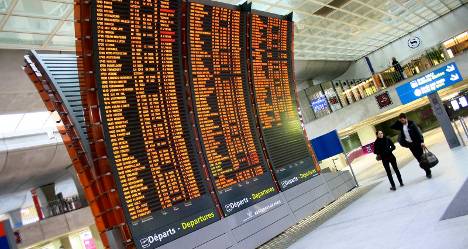In an interview published in centre-left daily Le Monde, Charles said that although he was considering "in all its aspects" whether or not to go into tax exile, no decision had yet been taken.
"My concern is the heavy taxing on capital, stock options and free shares", he was quoted as saying.
The comments come as several of Charles' compatriots, such as actor Gerard Depardieu, have left or are threatening to leave France owing to a proposed 75-percent tax rate on earnings of more than €1 million.
Charles said that several Dassault Systemes directors had already left the country, but emphasized that the proposed tax rate would not be the deciding factor in his case.
The business executive explained that he had been forced to sell Dassault Systemes shares in December to pay taxes stemming from other shareholdings, and said: "That illustrates well the weight of fiscal charges, which will increase further."
He said that if the situation reached the point where he could not distribute "plots of land," or packages of shares in the company as compensation, "then I'll leave."
Charles warned that government officials were not aware of the consequences their decisions could have on hi-tech French companies that compete for talent with foreign competitors.
"You must realise that in Munich, Germany is boosting start-ups, not to mention the United States or (South) Korea," he said.
In 2012, Dassault Systemes recorded a net profit of €334.8 million on sales of €2.02 billion. It employs more than 10,000 staff.



 Please whitelist us to continue reading.
Please whitelist us to continue reading.
Member comments